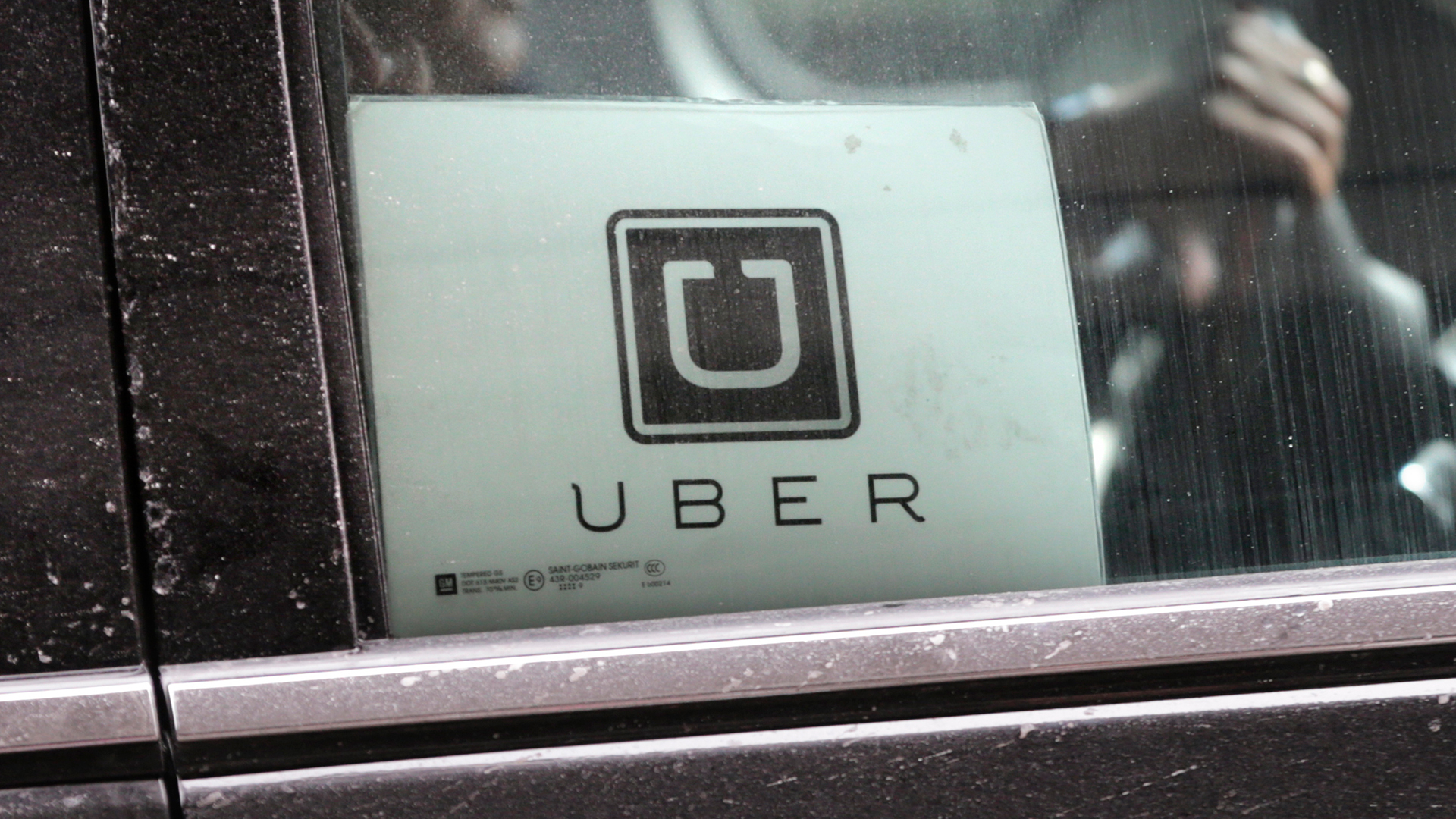

We may earn revenue from the products available on this page and participate in affiliate programs. Learn more ›
A Brazilian labor court has ruled in favor of an Uber driver who demanded to be considered an employee of the ride-hailing company, reports Reuters. Uber plans to appeal the decision, setting off a new chain of arguments over the status of ride-hailing service drivers.
The ruling will reportedly not be implemented until all appeals are heard. In a statement, Uber said it planned to appeal and that it had “solid jurisprudence” to support its case. The company also noted that it had won 123 similar lawsuits in Brazil, meaning judges said it did not have to treat drivers as employees. Uber claims to have only lost four such cases.
The status of drivers working for Uber and other related companies has proven controversial. Uber and its competitors treat drivers as freelance contractors, meaning that they don’t provide insurance offerings or similar benefits. Uber has said most of its drivers are part-timers who only use ride-hailing as a type of side hustle. However, many drivers rely on Uber as their primary source of income, leading to calls for drivers to be treated as employees. That’s not something Uber agrees with.
“It’s important to clarify that it is not Uber who hires drivers, but drivers that hire Uber,” the company said in its statement on the Brazilian court ruling.
The ruling isn’t the first to declare that drivers should be given improved standing within ride-hailing companies. A New York state labor review board recently ruled that drivers should be considered employees in regards to unemployment insurance eligibility. The European Union’s highest court has also ruled that Uber should be regulated like a taxi company, which could open the door in favor of the drivers.
Uber has a lot at stake given the fact that Brazil is the company’s second largest market. It’s also profitable, according to Uber, something the company hasn’t been able to achieve globally. Any firm ruling forcing Uber to treat drivers as employees could lead to vastly increased costs for the company in the form of increased wages and benefits. That’s why Uber is working to replace human drivers with self-driving cars.
